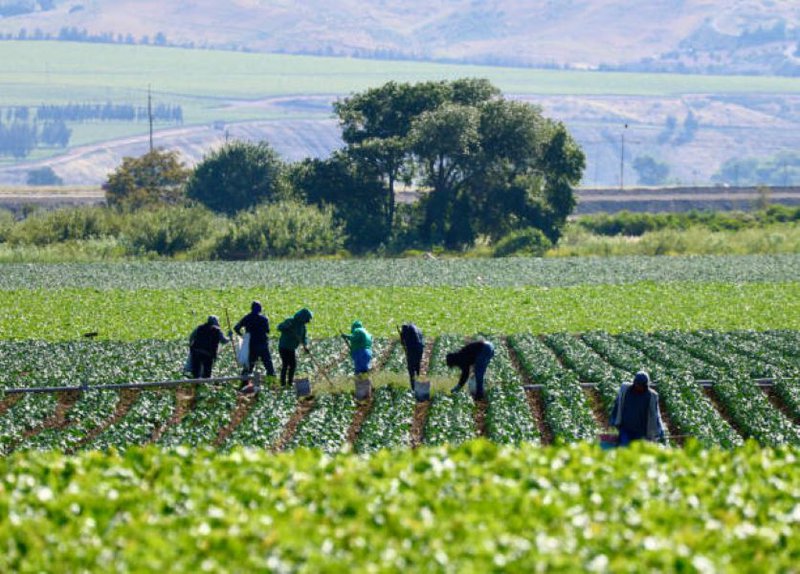News
A Harvest of Broken Promises: Parliament Probes Failed R700m Farmworker Equity Schemes

They were sold as a path out of poverty, a way for generations of farmworkers to finally own a piece of the land they toiled on. But a multi-million rand government initiative, designed to empower the most vulnerable, has yielded a bitter harvest of failure and betrayal.
In a stunning revelation, it has been confirmed that of the 88 Farmworker Equity Schemes launched with great fanfare between 1996 and 2008, only nine ever declared dividends for the workers. This catastrophic failure has now triggered a full-scale parliamentary probe, with MPs vowing to uncover why farmworkers were “cheated” out of the R700 million of public money invested in their name.
A Scheme That Enriched Employers, Not Employees
The concept was simple and transformative on paper. The state would provide conditional grants to groups of farmworkers, allowing them to purchase shares in the farms where they were employed. Instead of just being labourers, they would become co-owners, sharing in the profits and gaining a voice in management.
The reality, as presented to the Portfolio Committee on Land Reform, was a devastating reversal. Civil society organizations testified that in many cases, workers received no dividends at all. In others, the meagre returns were less than the value of the original grant used to buy their shares.
Worse still, in numerous instances, workers were later bought out by their employers after years of receiving no tangible benefits. As a petition from groups like Corruption Watch and the Legal Resources Centre starkly put it, “the farm worker effectively provided interest-free capital to agribusinesses under the guise of empowerment.”
“Workers Were Made Symbols While Others Cashed In”
The human cost of this systemic failure is incalculable. Billy Claasen of the Rural and Farmworkers Development directorate presented a chilling example: “I have a case where R7 million disappeared, the farm was sold, the farmworkers’ animals are gone… and workers get chased away like dogs.”
The committee, chaired by Albert Mncwango, has pledged to conduct site visits as the start of a comprehensive investigation into allegations that “farm workers were made symbols while others cashed in on their names.”
Adding to the scandal, over R30 million was paid to consultants as “planning grants,” some of whom were reportedly former staff members of the very department overseeing the schemes.
For the thousands of farmworkers and their descendants who remain in poverty with no security of tenure, the parliamentary probe represents a long-overdue chance for accountability. It is a quest to answer a painful question: how did a programme built on the promise of empowerment become a vehicle for perpetuating the very inequality it was meant to dismantle?
{Source: IOL}
Follow Joburg ETC on Facebook, Twitter , TikTok and Instagram
For more News in Johannesburg, visit joburgetc.com



























